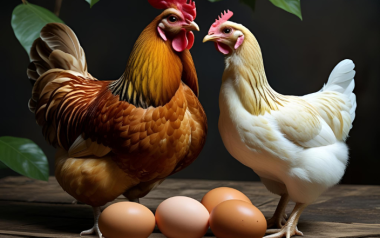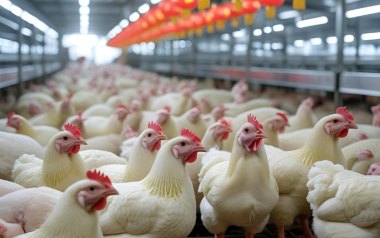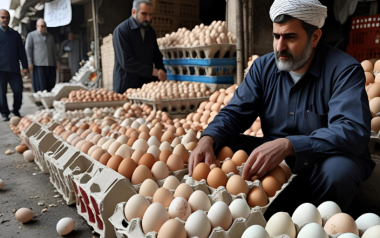Sources: Available upon request
22 May 2025
EU and Mexico suspend Brazilian poultry imports
Both the European Union and Mexico have temporarily suspended poultry imports from Brazil following the confirmation of a highly pathogenic avian influenza (H5N1) outbreak in the South American country.
In a significant move to safeguard public health and domestic poultry industries, both the European Union and Mexico have temporarily suspended poultry imports from Brazil following the confirmation of a highly pathogenic avian influenza (H5N1) outbreak in the South American country.
The outbreak was officially reported by Brazil’s Ministry of Agriculture and Livestock (MAPA) on May 15, 2025, after the virus was detected in a commercial poultry farm in Rio Grande do Sul. In response, Mexico’s Secretariat of Agriculture and Rural Development (SADER) announced a precautionary suspension of all poultry-related imports, including chicken meat, fertile eggs, live birds, and avian by-products.
The National Service for Agri-Food Health, Safety and Quality (SENASICA) emphasized that the decision aims to prevent any zoosanitary risks to Mexico’s poultry sector. The suspension also covers pet food ingredients derived from poultry, as well as ornamental and songbirds.
The European Union followed suit shortly after, citing similar concerns over biosecurity and the potential spread of the virus. The EU’s decision is particularly impactful given Brazil’s status as the world’s largest poultry exporter, accounting for approximately 14% of global production.
This development has sent ripples through international markets. Brazil’s poultry industry, which generates over $10 billion annually, is now facing mounting pressure to contain the outbreak and reassure trading partners. Brazilian authorities have activated a contingency plan that includes isolating the affected area, culling infected birds, and conducting epidemiological investigations within a 10-kilometer radius.
Despite assurances from Brazilian officials that the virus does not pose a risk to consumers through properly cooked poultry products, the recurrence of sanitary issues has reignited concerns about the country’s food safety protocols. Notably, in 2018, the EU had already imposed a temporary ban on poultry imports from 20 Brazilian plants due to salmonella contamination.
The current suspension could have broader implications for global poultry supply chains, especially as Brazil had recently ramped up exports to the U.S. amid shortages caused by similar outbreaks there.
As the situation evolves, both Mexico and the EU have stated that the bans will remain in place until Brazil provides updated and satisfactory zoosanitary information. The international community is closely monitoring Brazil’s response, which may determine the duration and scope of these trade restrictions.




































